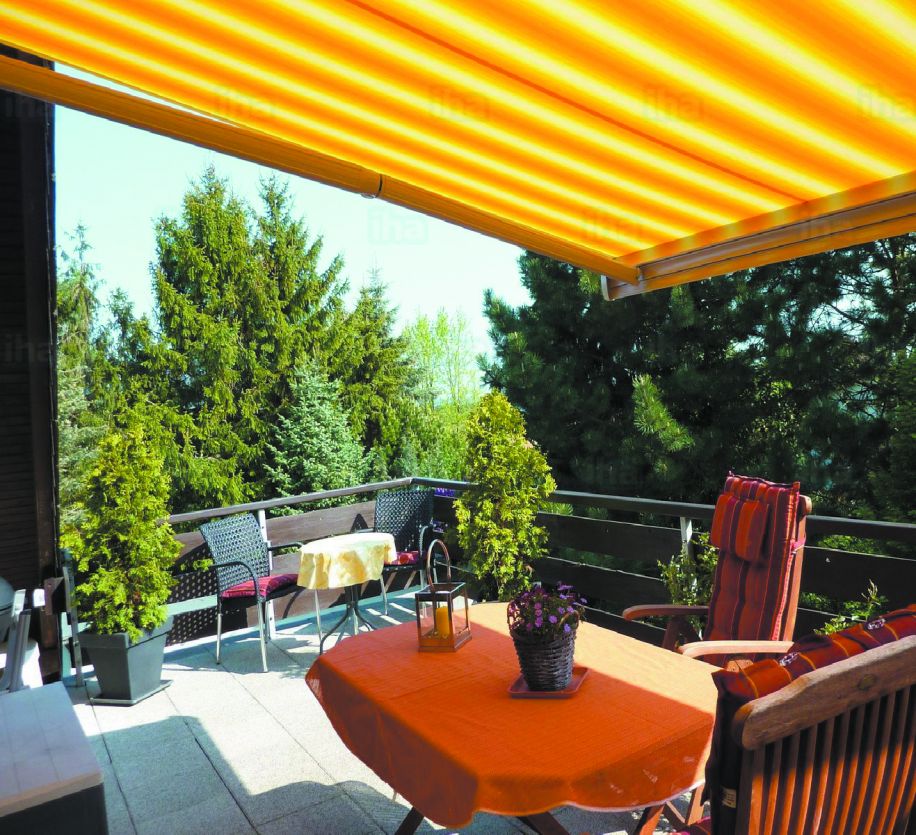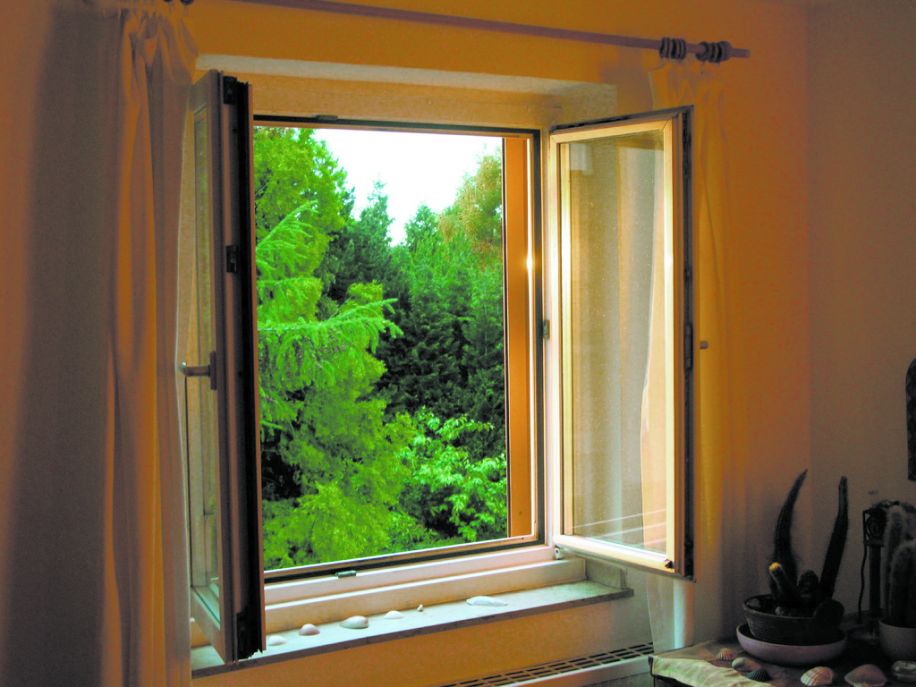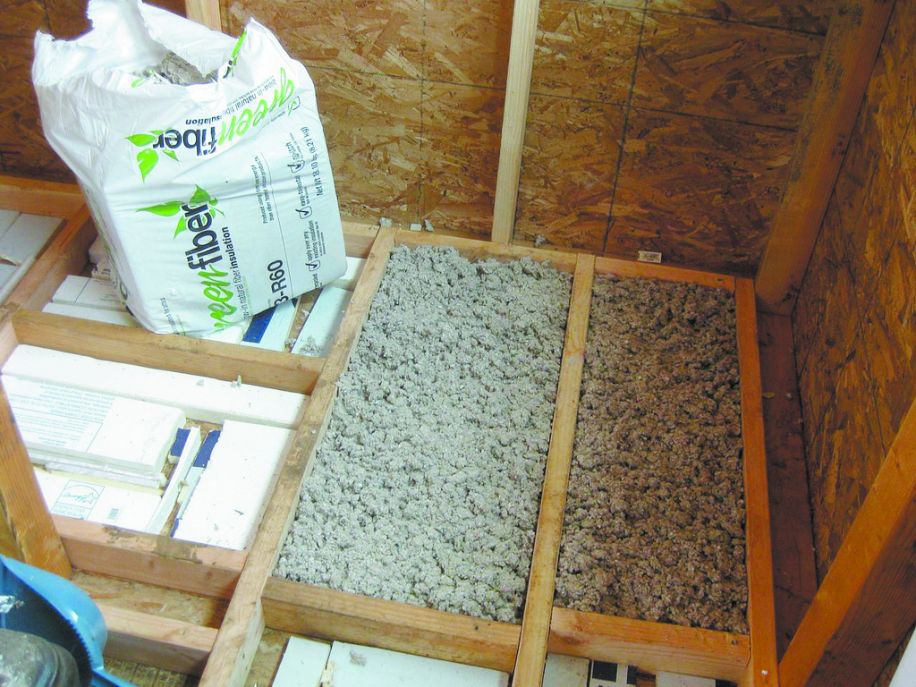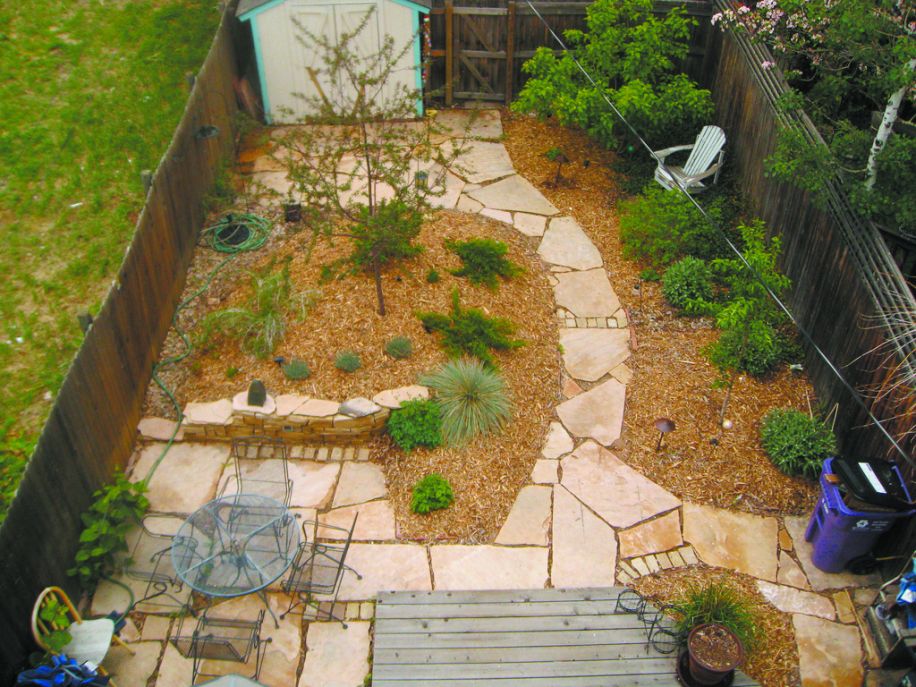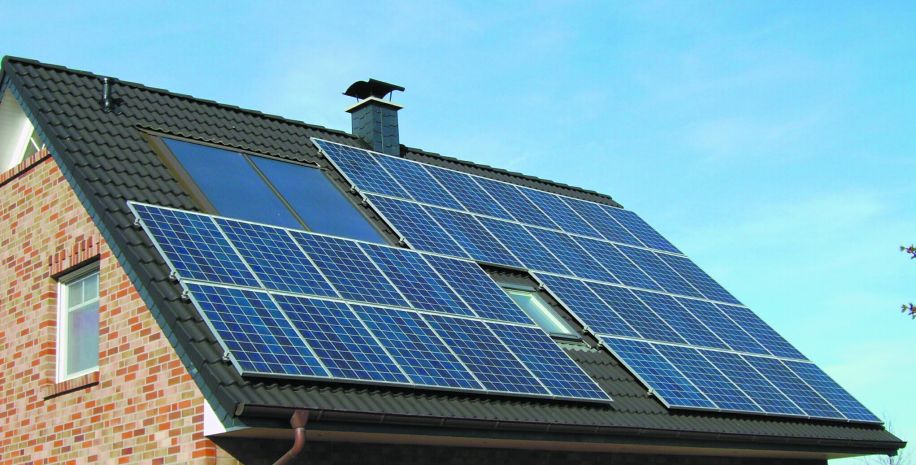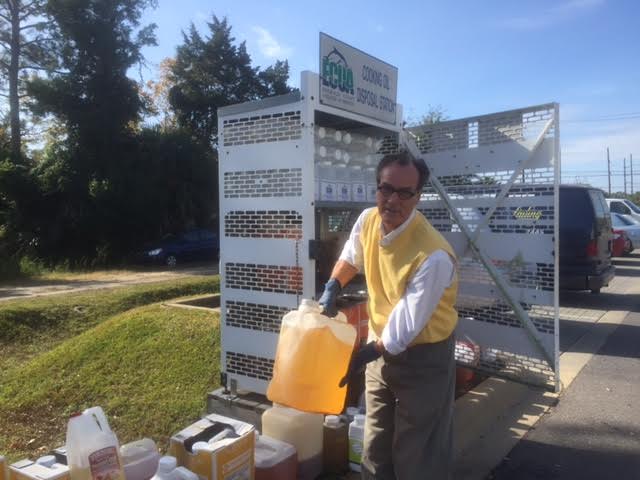By Haley Weaver
It’s a well-known fact that keeping cool in the Gulf Coat heat costs money. Our Florida winters are hotter than most, which can often come with an expensive air-conditioning bill. As springtime approaches, many people are looking for ways to make their homes more eco-friendly, but the task of making changes is a daunting one; who has the time, or the money? Turns out, it’s easier than you think.
We spoke with green building consultant Christian Wagley who gave us some tips about how you can go green and help save the planet, while also saving money in the long-run.
Bring in Some Shade
Due to the heat and humidity of the Gulf Coast, we tend to spend a pretty penny cooling our homes. One way to save on the electric bill is by creating shaded areas. A shadecloth that can block the sun from hitting your home is one of the quickest ways to create shade, said Wagley. Another option, though it doesn’t provide immediate results, is to plant trees in spaces that ensure shade for the home. To add beauty and a source of food, consider planting a fruit tree. The cost varies based on the size, species, and number of trees desired, but on average professional tree installation costs as little as $100.
Open the Windows and Move Some Air
Installing ceiling fans or room fans can further help reduce electricity use, as moving air helps to cool occupants at a fraction of the cost of running the air conditioning, Wagley noted. Fans can be purchased at your local hardware store for an average of $50 to $200. A cheaper option is adding screens to your windows; this way you can leave your windows open allowing the cool air into your home, without the worry of flies invading as well. “This works great through much of the spring and fall,” said Wagley, “reducing or eliminating the need to run air conditioning.” The average cost of installing window screens is approximately $40.
Add Some Fluffy Stuff
“Most homes would benefit from additional insulation,” suggested Wagley, “especially in the attic where the greatest heat loss and gain takes place.” Additional insulation in your home enables it to maintain a steady temperature, which repels the summer heat and the winter cold. This can be a bit more on the expensive side, with insulation costing between $800 and $1800, depending on professional or homeowner installation.
Cut Back on the Lawn
According to Wagley, lawns are large consumers of water, fertilizer, and chemicals. “A growing trend is to reduce the size of the lawn by replacing parts of it with landscape beds of shrubs, grasses, wildflowers, and trees,” he said. By reducing your lawn size, you can cut back on water usage and yard work, as well as minimize the use of harmful pesticides. For example, mulching a portion of the yard is an easy, inexpensive way to reduce yard size, but can be dressed up with lawn decorations if desired. Another option is to use ground covers, such as perennials and evergreens, which are plants that spread but do not grow tall and therefore require little maintenance.
Capture the Sun
“For homes that have already made other improvements and have access to a sunny yard or roof, adding solar panels to make your own electricity gives independence and brings a major reduction in the environmental impact of a home,” Wagley said. “Solar energy is the future of energy in Florida, as our nation transitions away from coal and natural gas that cause pollution when burnt and are non-renewable.” The price of solar panels continues to fall dramatically, making it increasingly cost-effective for residents to own their own system. The prices vary based on the kilowattage needed and location of your house, but you can still save on the cost of installation with federal and state tax credits.
Easy, Eco-friendly Household Hacks:
Fabric softener and dryer sheets can be replaced with dryer balls – often made of wool or spiky plastic – which still can get rid of static and wrinkles, and get your clothes softer, without the use of chemicals.
Standard lightbulbs are a major drain on household energy, so switching to LED can reduce not only your footprint but also reduce your in-home heat usage.
Instead of bringing home a load of plastic bags from the store, bring your own eco-friendly bags when you go; most stores now offer their own reusable shopping bags for little-to-no cost.
And of course, while recycling water bottles is helpful, using your own stainless steel, glass or aluminum water bottle is even better and will save you money in the long-run.
Recycling Need-to-Know:
We asked our source Jim Roberts, a Public Information Officer for Emerald Coast Utilities Authority (ECUA), for some tips and tricks on recycling.
Although recycling is sometimes presented as a hassle, the long-term benefits are undeniable. According to the ECUA, it reduces the amount of waste sent to the landfill, conserves natural resources, and saves energy, as well as prevents pollution by reducing the need to collect raw materials and helps to sustain the environment for future generations.
Take note of what you should and should not place in the recycling bin! Do’s: glass, newspaper/magazines, cardboard, aluminum/tin cans & lids, plastic milk jugs & bottles, tin foil, and metal pots & pans. Don’t’s: food waste, Styrofoam, garden hoses, rugs or linens, propane tanks, bubble wrap, tarps, plastic bags or hangers, and aerosol cans.
Beware, though: contamination of materials can make them impossible to recycle. Plastic bags cannot be recycled, and should be brought back to a shopping center for reuse; this includes trash bags, so when disposing of yard/garden waste remember to place them directly into the recycling bin rather than in a bag. It’s also important to remember to rinse your bottles and containers before placing them into the recycling bin, as well as keep the lids fastened. To avoid contamination in general, it helps to have properly labeled recycling containers to make it clear what can and cannot be recycled. Also, keep recycling and waste bins together; this will prevent giving the impression that any waste can be thrown in the recycling bin.
In addition to recycling, the ECUA has created the Fats, Oils, and Grease (FOG) Program to prevent blockages in the sanitary sewer lines. Cooking byproducts such as meat fats, cooking oil, and butter or margarine can constrict the flow inside of sewer pipes when washed down a kitchen sink drain. To avoid possible environmental hazards, the ECUA suggests you instead save your FOG and dispose of it through recycling or throwing it in the trash. In the case of recycling, local disposal sites such as Ever’man’s and Keep Pensacola Beautiful carry free plastic containers which can be used to hold FOG; when it’s time to return them, simply drop the container back at a site and exchange it for another empty container. If you’d prefer to not utilize this program, it is still important to remember to avoid using a garbage disposal for FOG; it will not be broken down enough by the disposal to prevent possible clogging of your sewer pipes.
